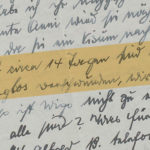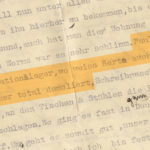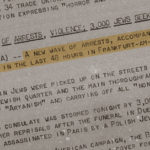New hope for help
The Feldsteins in Vienna are hoping for help from the Feldsteins in Los Angeles

-
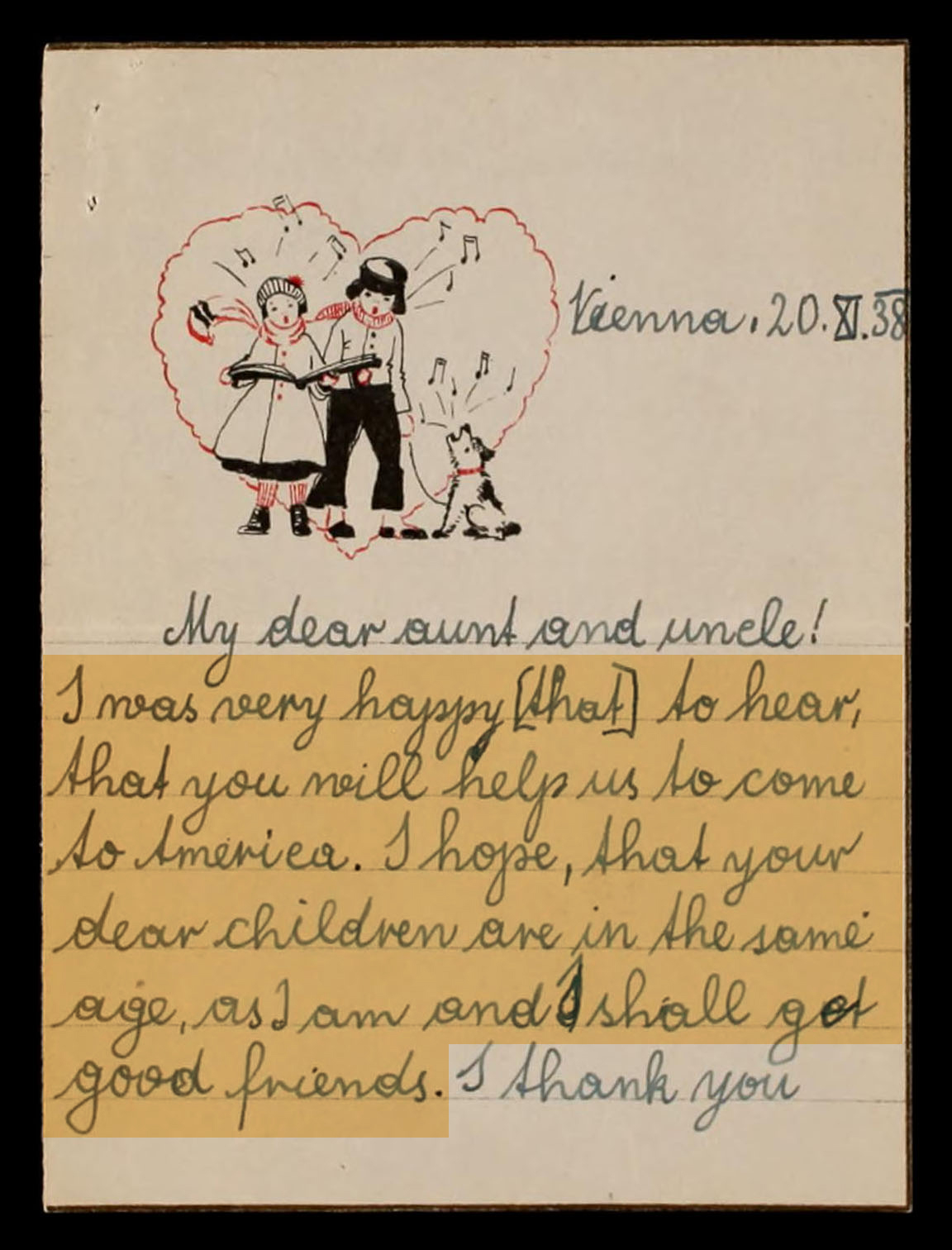
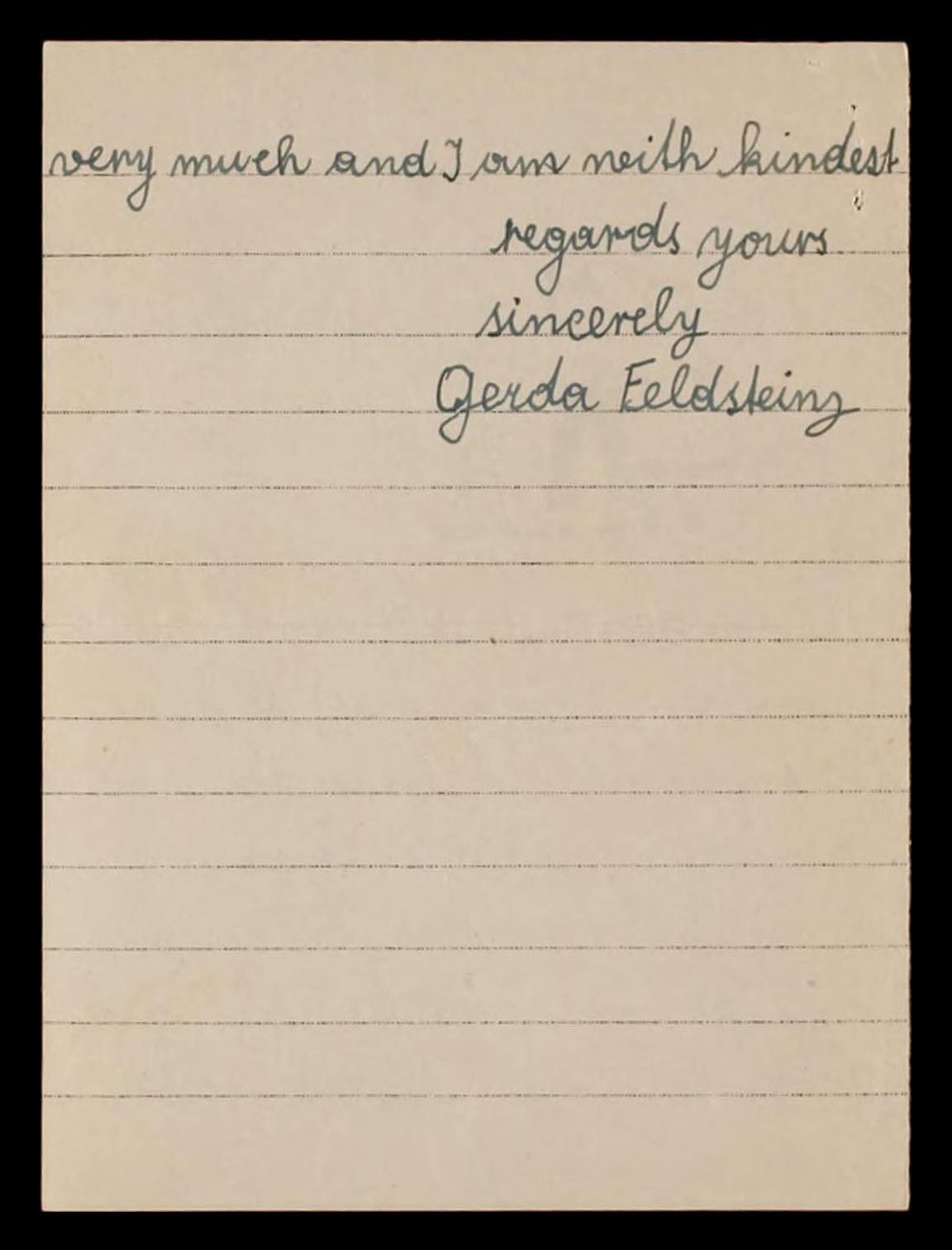
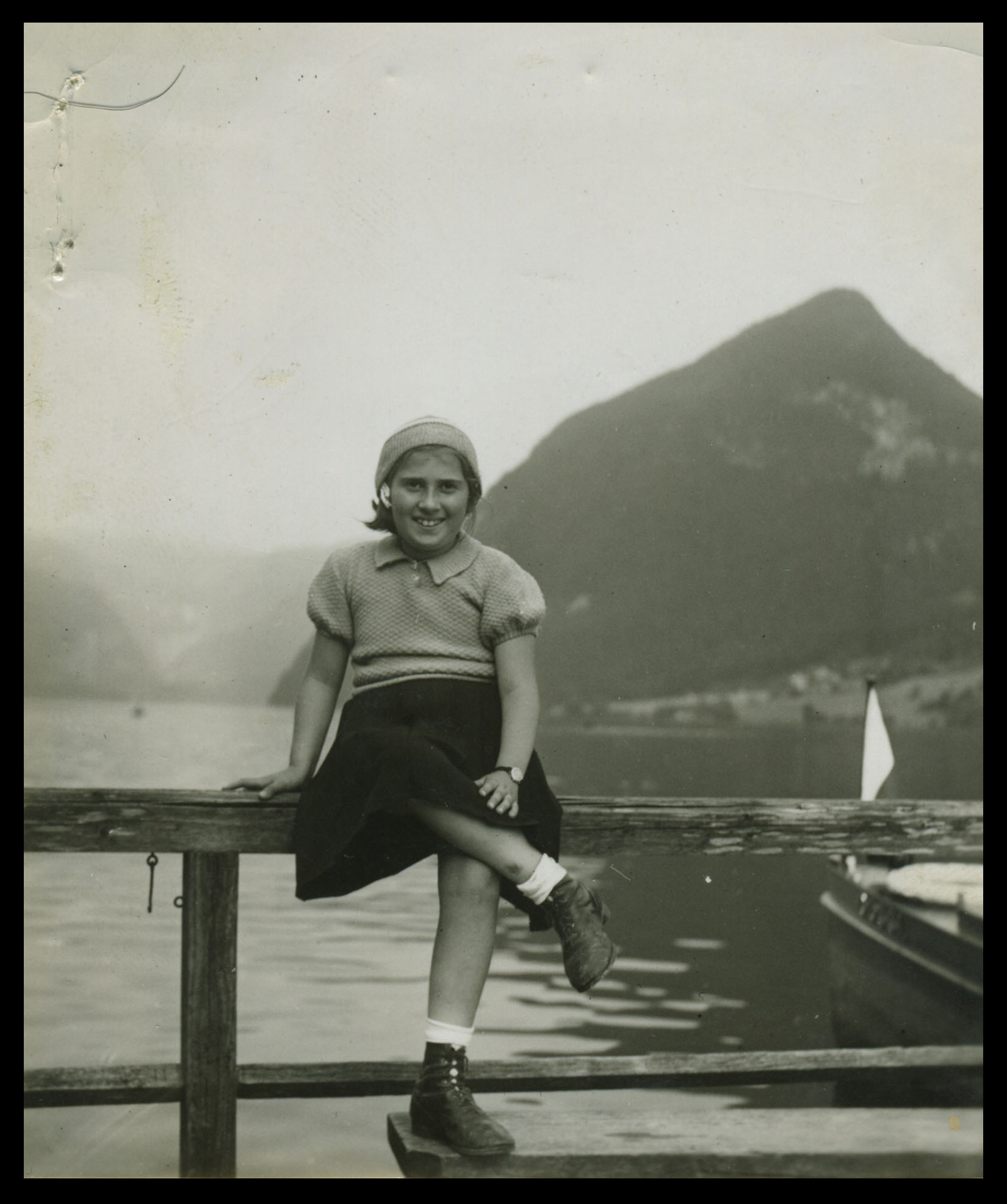
“I was very happy to hear that you will help us to come to America. I hope that your dear children are in the same age as I am and I shall get good friends.”
VIENNA/LOS ANGELES
For 19 years, Fritz Feldstein had been working at a bank in Vienna to the full satisfaction of his superiors. But, in 1938, after Nazi Germany annexed neighboring Austria, he lost his position. On July 5th, the family registered with the US consulate in Vienna, but for immigration, affidavits were needed. After months of deeply upsetting political changes, Fritz Feldstein ventured an unusual step. On Oct. 16th, he turned to a Julius Feldstein in Los Angeles who, he hoped, might be a relative, appealing to “the well-known American readiness to help.” Soon, a correspondence developed, also involving Fritz’s wife, Martha, and their daughter, Gerda. The 11-year-old was not only a skillful piano player, she obviously also had a knack for languages. On November 20th, she writes to the Feldsteins in California for the first time – in English.
SOURCE
Institution:
Leo Baeck Institute – New York | Berlin

Collection:
Fritz Feldstein Family Collection, AR 3250

Original:
Box 1, folder 1
Source available in English
on the days before



Curated by Leo Baeck Institute – New York | Berlin © 2018 Leo Baeck Institute
Website and exhibition design by C&G Partners







































